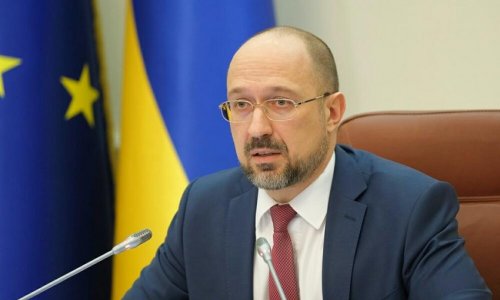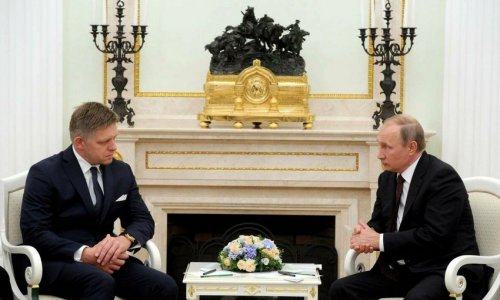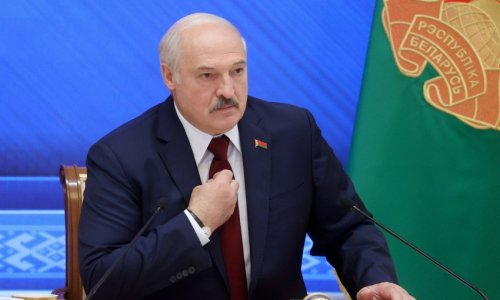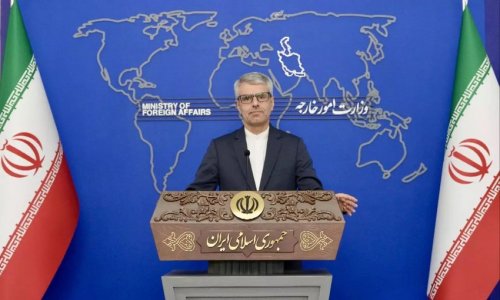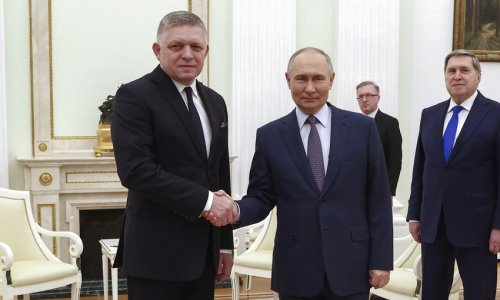The people, rather than parliament, choosing the head of state aims to boost electoral legitimacy, as the winner could bring changes in how Turkey is governed.Questions are being posed, however, over whether altering the parliamentary power system would be constitutionally viable.Currently, the president has a limited veto for legislation; his powers are mostly symbolic.We’ve been talking to several analysts, asking if these elections mean a regime change.Making clear, with his reference to ‘prime minister’ that he is speaking about presidential candidate Recep Tayyip Erdoğan, Professor Ersin Kalaycıoğlu at Sabancı University said:“Yes and no — depending on who wins the elections. One of the candidates says that if he takes office he will go beyond the powers accorded the presidency in the constitution. The presidency is restricted to a narrow position by the constitution, by his understanding, but he considers the president in fact has executive authority. He thinks the president is the chief executive, although the constitution says he is only the head of state. Therefore, he is drawing the boundaries more broadly. He has said that he wants to continue the business he has dealt with as prime minister, such as delivering legislation — that he will continue that as president. This contravenes the traditional role of the presidency. There is no such provision in the constitution.”Turkey’s constitution today dates from 1982. It came out of a military coup two years earlier.This constitution underpins a republican parliamentary system based on a separation of powers. It gives the head of state largely the role of a referee, albeit with the power to name certain senior officials, yet with strong symbolism also.Dr. Kalaycıoğlu said: “The president does not answer to the people or parliament. The constitution is clear: the president does not answer to anyone in any way.”Today’s ruling AK party has tried without success to pass a new constitution, to open the way for a president-dominant system. The Erdoğan government in 2007 won the people’s support in a referendum to have the president in future be directly elected by the people. This would give him electoral legitimacy even if the constitution stays the same.Analyst Dr. Nebi MİŞ at SETA, said that if long-time Prime Minister Recep Tayyip Erdoğan is elected he will try to be chief executive but won’t modify the constitution:“The Turkish political system will be transformed through the presidency, with the leader and the Justice and Development Party working together, with an effective president even though he does not possess formal executive powers. Erdoğan will force the system to change within the current legal system, without changing the constitution. In this regard, we will have a new system. But if you ask if we’re moving to a presidential system within the constitution, then no. That would not be possible without a constitutional amendment. Erdoğan and the Justice and Development party members see that. But a new presidential palace process awaits us, due to Erdoğan’s personality and due to the popular vote.”The kind of presidency Erdoğan wants worries Turks who don’t want Turkey’s system of governance changed. Some are concerned that he would then demand greater power. According to this analyst, this is a gradual strategy that will only become evident over time.Dr. Kalaycıoğlu summed up: “If Erdoğan wins the elections, he will swiftly try to build the relationship he wants between the presidency, the prime minister, the cabinet and the parliament. What will the response be? We’ll see. We don’t know yet.”(euronews.com)Bakudaily.az
Turkey’s possible ‘regime change’ election
World
17:30 | 05.08.2014
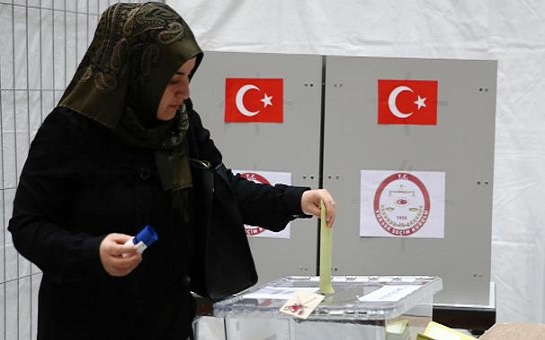
Turkey’s possible ‘regime change’ election
For the first time in Turkey, the next president will be decided by direct universal suffrage, this 10 August, with a runoff round planned for 24 August.
Follow us !

